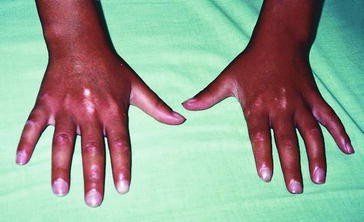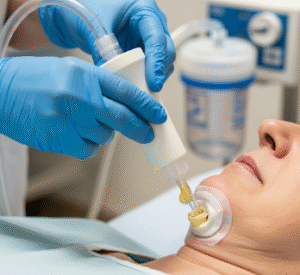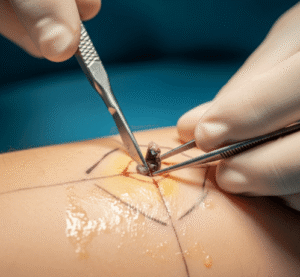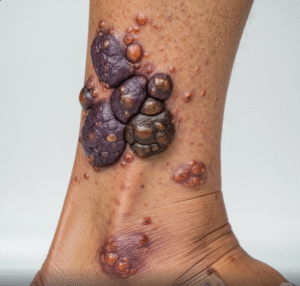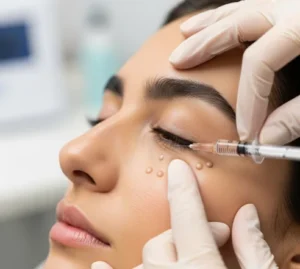Overview
Juvenile Systemic Scleroderma (jSSc) is a rare autoimmune disorder in children that causes skin thickening and fibrosis, and can affect internal organs such as the heart, lungs, kidneys, and gastrointestinal tract. In South Korea, early diagnosis and multidisciplinary management are critical to prevent organ damage and long-term disability. Specialized pediatric rheumatology centers, including Seoul National University Hospital, Samsung Medical Center, and Asan Medical Center, provide advanced care for affected children.
What is Juvenile Systemic Scleroderma?
Juvenile Systemic Scleroderma is an autoimmune connective tissue disease characterized by widespread fibrosis, vascular abnormalities, and immune system dysregulation. Unlike localized scleroderma, jSSc affects multiple organ systems and can lead to significant morbidity. The disease may present with skin tightening, Raynaud’s phenomenon, and systemic involvement of internal organs.
Symptoms
- Thickened, tight, or shiny skin
- Raynaud’s phenomenon (fingers or toes turning white, blue, or red in response to cold or stress)
- Fatigue and malaise
- Swelling or puffiness in fingers and hands
- Joint pain and limited mobility
- Digestive issues, including reflux or difficulty swallowing
- Shortness of breath or chest discomfort if lungs are involved
- Kidney or heart involvement in severe cases
Causes
- Autoimmune dysregulation: The immune system attacks connective tissues
- Genetic predisposition: Certain HLA types may increase susceptibility
- Environmental triggers: Infections or environmental exposures may contribute
- Exact cause remains unknown, as jSSc is idiopathic
Risk Factors
- Age under 18 years, typically onset in school-age children
- Female sex (higher prevalence than males)
- Family history of autoimmune diseases
- Genetic susceptibility (specific HLA alleles)
Complications
- Organ involvement: lungs, heart, kidneys, and gastrointestinal tract
- Chronic joint pain and limited mobility
- Growth retardation or delayed puberty due to systemic illness
- Severe skin and connective tissue damage
- Psychological impact due to chronic illness and visible changes
Prevention
- No guaranteed prevention due to autoimmune nature
- Early recognition and treatment are crucial to prevent organ damage
- Monitoring for Raynaud’s phenomenon and other early signs
- Avoiding triggers such as cold exposure or smoking
- Regular follow-up with pediatric rheumatologists and multidisciplinary teams
Treatment Options in Korea
South Korea offers comprehensive care for Juvenile Systemic Scleroderma through pediatric rheumatology and multidisciplinary management:
- Diagnosis:
- Blood tests for autoantibodies and inflammation markers
- Imaging (MRI, echocardiography, or CT) to evaluate organ involvement
- Skin biopsy in selected cases
- Pulmonary function tests for lung assessment
- Medical Management:
- Immunosuppressive therapy such as methotrexate, mycophenolate mofetil, or cyclophosphamide
- Corticosteroids for acute flares
- Vasodilators for Raynaud’s phenomenon
- Biologic therapies in refractory cases
- Supportive Therapy and Rehabilitation:
- Physical and occupational therapy to maintain joint mobility and daily function
- Nutritional support for growth and gastrointestinal symptoms
- Psychological counseling for coping with chronic illness
- Specialized Care in Korean Hospitals:
- Seoul National University Hospital: Pediatric rheumatology and multidisciplinary organ monitoring
- Samsung Medical Center: Advanced immunosuppressive therapies and follow-up programs
- Asan Medical Center: Comprehensive evaluation including skin, lung, heart, and kidney care
- Follow-Up Care:
- Regular monitoring of disease activity and organ function
- Adjustment of medications based on disease progression
- Long-term rehabilitation and supportive care to maintain quality of life

